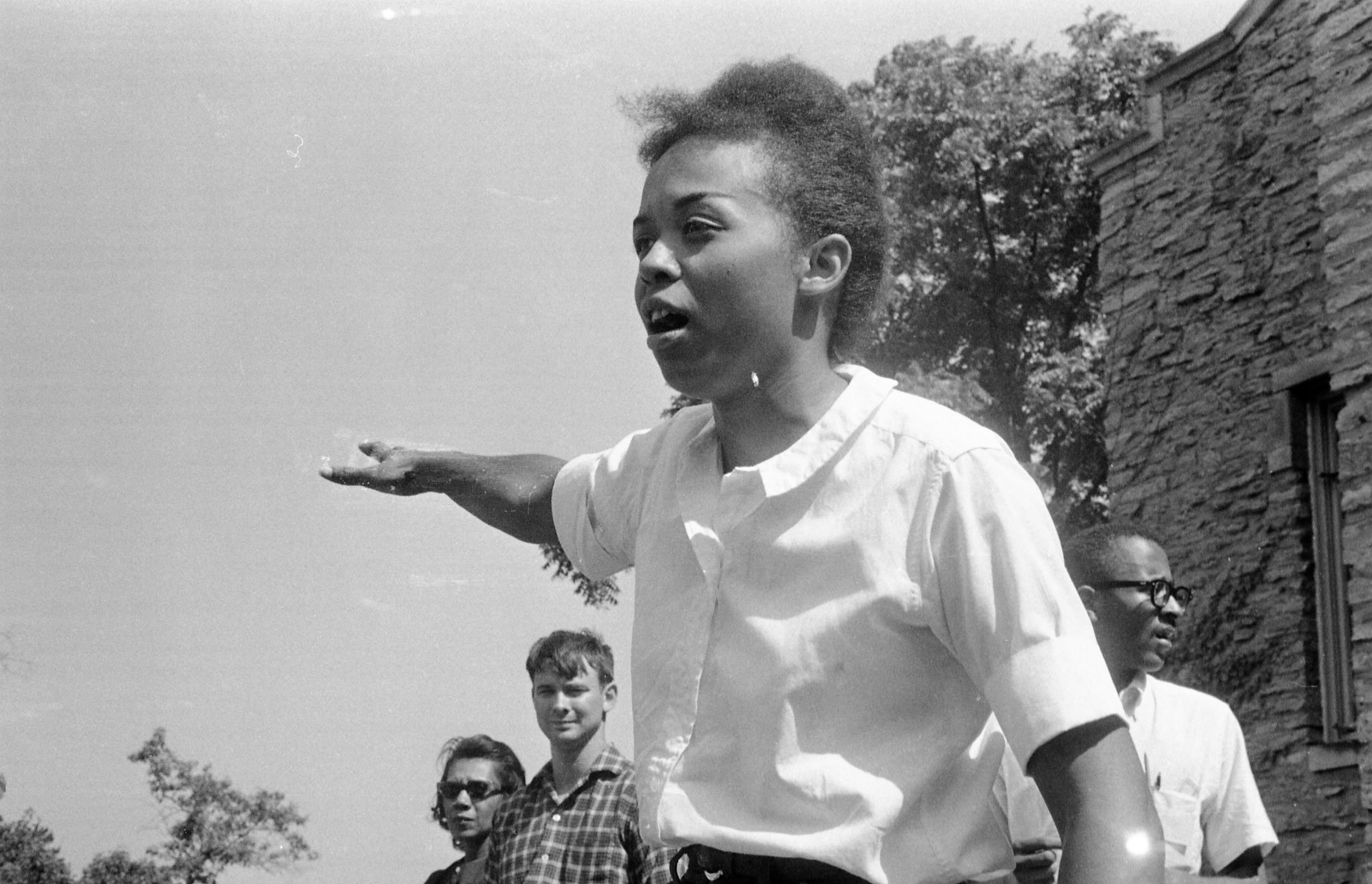
Freedom Fighter: The Life and Legacy of Ms. Dorie Ladner
Interview by Maestra Productions
Dorie Ladner was a passionate civil rights activist and leader in the Student Nonviolent Coordinating Committee (SNCC) from Hattiesburg, Mississippi. This interview about her life was conducted in 2017 by Maestra Productions in collaboration with Bowie State University Department of Fine and Performing Arts and Teaching for Change.
